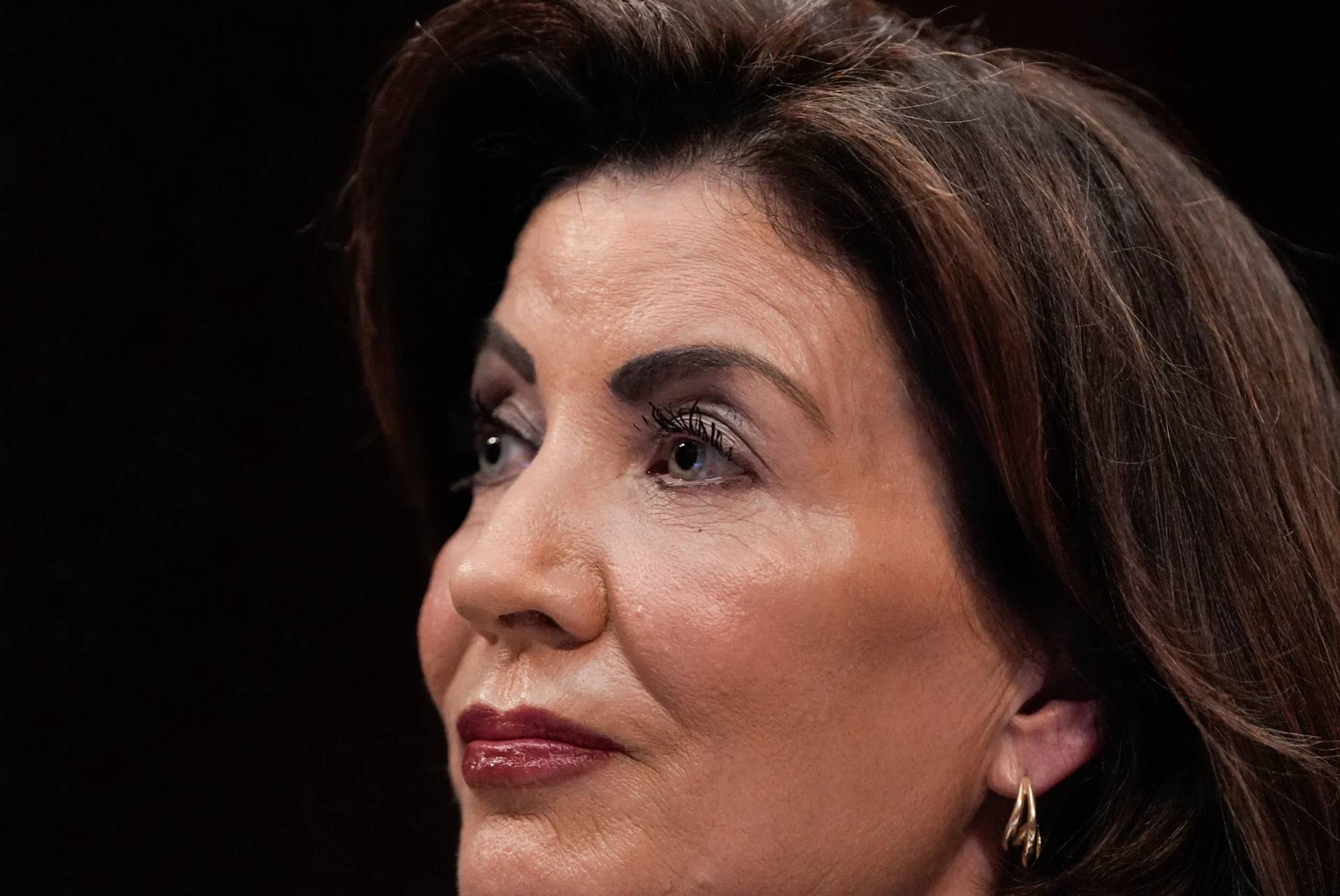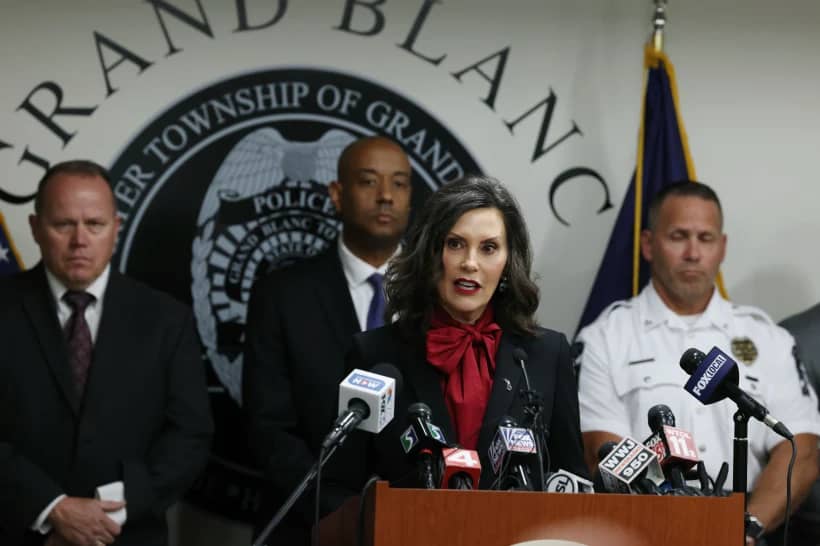BALTIMORE, Maryland – Tuesday’s meeting at the fall assembly of the U.S. bishops’ conference ended with discussions on how the Church in the country should work to implement Pope Francis’s 2013 apostolic exhortation Evangelii Gaudium and his 2015 exhortation Amoris Laetitia.
The bishops voted to move forward with a pastoral plan to respond to the growing needs of Catholic families and married couples, as called for in Amoris Laetitia. Bishop Richard Malone of Buffalo introduced the proposal for the plan, and there was widespread agreement that the primary audience for the proposal would be young people in the Church.
Following the morning discussion, Malone was asked at a press conference to address the question of whether divorced and remarried Catholics could receive communion in light of Francis’s apparent cautious opening to it in Amoris.
Malone declined to provide a “yes” or “no” response, but said the hope of the pastoral plan is “to help people to enter into happier, holier, deeper marriages, and informed consciences about what marriage is. Hopefully going forward, our prayer and our goal is to have fewer broken marriages and divorces.”
Multiple bishops expressed frustration that so much of the attention Amoris has received has been around the singular question of communion for the divorced and remarried, and several bishops reiterated that the document is much more significant than the controversies that have surrounded chapter eight.
Bishop Robert Barron, an auxiliary of Los Angeles, encouraged the bishops to “seize control” of the narrative surrounding Amoris and said the “blogosphere was forcing us to read it in another way.”
The USCCB working group on the Life and Dignity of the Human Person also provided a report on the July 2017 Convocation of Catholic Leaders in Orlando, Florida, that focused on the implementation of Evangelii Gaudium in the American context.
Archbishop Thomas Wenski of Miami, Florida, called the event “a watershed moment for Church in the United States,” as it worked to embrace Francis’s call for missionary discipleship.
Wenski said the convocation was “an opportunity for a new moment of evangelization in the United States,” and that the more than 3,000 leaders in attendance had taken its lessons and enthusiasm back to their home dioceses for implementation at the parish level.
The bishops also unanimously voted to move forward with cause for canonization of Nicholas Black Elk, a Native American medicine man turned Catholic teacher. His cause was put forward by Bishop Robert Gruss of Rapid City, South Dakota.
During the interventions, Cardinal Blase Cupich of Chicago extolled the virtues of Elk, saying that despite the “pain of suffering from a dominant culture…he was able to allow his faith to rise above that.”
“By his own witness itself, his cause is worthy,” said Cupich.
Closing out the day was a report from Bishop Frank Dewane of Venice, Florida, who serves as head of the Committee on Domestic Justice and Human Development.
Dewane highlighted the specific work of the bishops in areas of healthcare, the federal budget, and tax reform.
At a press conference following his presentation, Dewane maintained that the active engagement of his committee over the last year had nothing to do with partisanship, but instead, was about the issues that have surfaced in that time.
“The budget cycle is a normal kind of thing,” said Dewane. “Tax reform is not. It’s the first time it’s come up in ten years, I believe…it’s what are the issues of the day? And the conference takes a look at that.”
During 2017, the U.S. bishops have issued nearly 100 more official statements than the previous year.
Dewane insisted that advocacy for the poor was a driving force behind much of their work. “The option for the poor has been around for a long time,” he said.
Acknowledging the polarization in the country, Dewane insisted the bishops are focused on principles, not party, and how certain principles apply to particular policies.
“How you apply them though and how they bear on the analysis…that’s where you get the division,” he said.
The U.S. bishops will conclude their fall assembly with regional meetings on Wednesday morning, followed by a closed-door executive session.
Stay tuned for Crux’s latest news and updates from the USCCB fall assembly, where Crux’s national correspondent Christopher White will be providing regular updates. Follow him on Twitter @CWWhite212 and visit Crux for daily updates and interviews from Baltimore.













